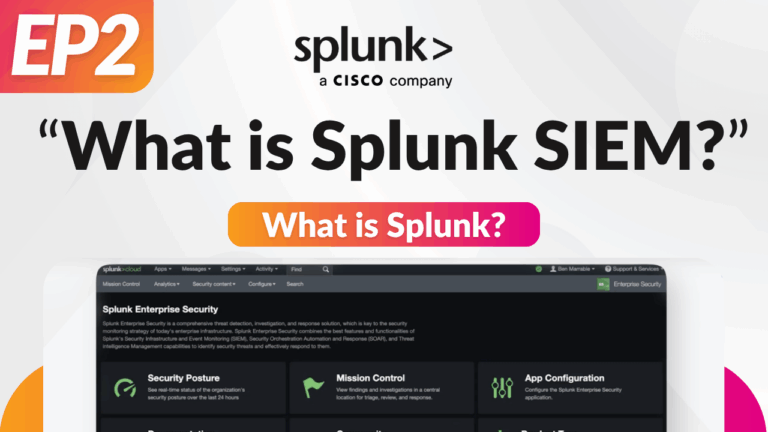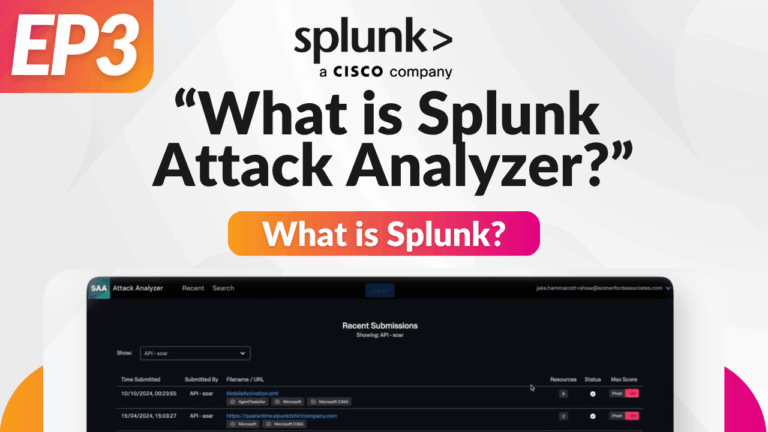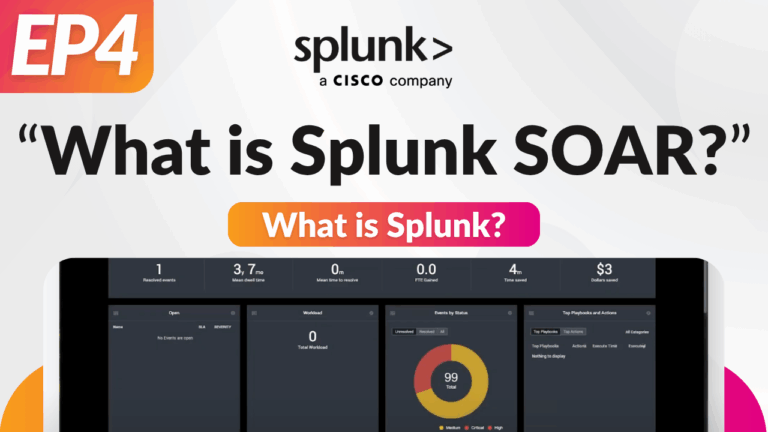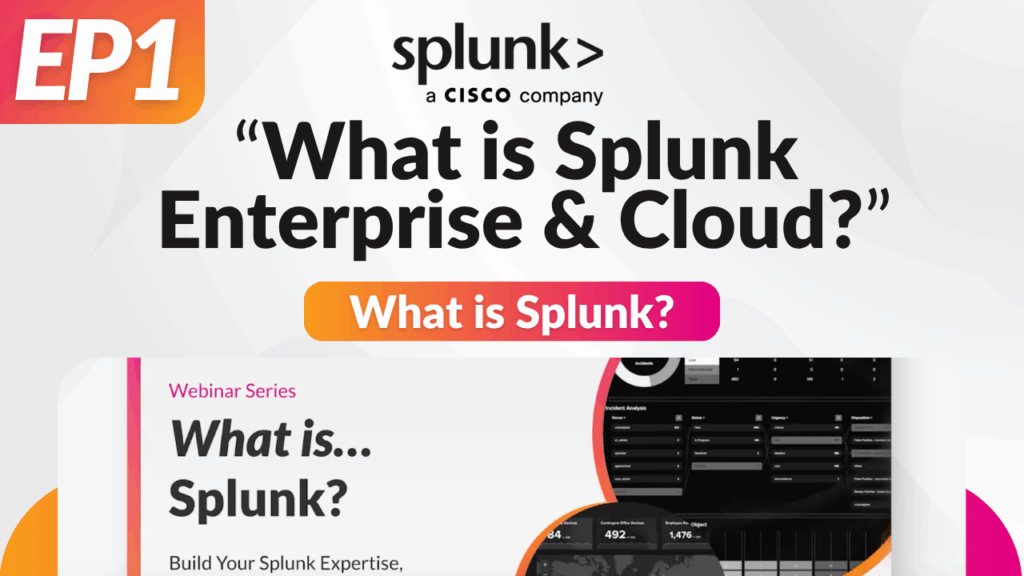Video Summary
What is Splunk? A Quick Overview
Splunk is a data platform that enables customers to better understand what's happening within their IT environments. It ingests large volumes of machine-generated data from various sources such as servers, applications, cloud services, and security tools, and transforms it into actionable insights. Splunk enables users to search, analyse, and visualise this data in real time, which helps with use cases such as monitoring, troubleshooting, seucirty incidents, and more. One of the key advantages of Splunk is its ability to work across a variety of data sources. It's not tied to any specific vendor or technology stack, meaning customers can bring in data from wherever it resides, on-prem, hybrid or multi-cloud. Splunk's value proposition lies in its flexibility and powerful search language (SPL - Splunk Processing Language), which makes it easier to interrogate complex datasets and find the information you need.Licensing Models
Splunk offers two main licensing models:Ingest-based Licensing
This is based on the volume of data that is ingested into the platform. So, for example, if you're ingesting 100GB of data per day, you'll be charged based on that volume. This model is good for customers who have a steady, predictable data ingestion pattern and know roughly how much they are going to be ingesting on a daily basis.Workload-based Licensing
This model is more flexible. Rather than charging based on how much data is ingested, you're charged based on how much compute resource is being used. This is really good if you need flexibility with the amount of data you're ingesting and elasticity within your licensing model.For example there may be times of the year where customer are ingesting a lot more data than others. A workload-based license enables them to increase their ingestion temporarily and bring it back down again without risking any license violations, which might occur under an ingest-based model.
So these are two very different licensing models designed to match the different ways customers are using the Splunk platform.
Next Steps
If you're currently a Splunk on-premise customer and are considering a move to Splunk Cloud, we recommend a Cloud Migration Assessment. This assessment evaluates your current environment and outlines a migration roadmap tailored to your needs.Other Videos in this Series

What is Splunk SIEM?
Episode 2

What is Splunk Attack Analyzer?
Episode 3

What is Splunk SOAR?
Episode 4
Additional Resources
Who are Somerford?
We are a passionate group of people delivering innovation to our customers on their digital transformation journey.
Splunk Partner
Discover more about our partnership with Splunk and find out more about our offerings.
Splunk Cloud Migration
Somerford can support you in seamlessly implementing Splunk Cloud.
Get in Touch to Learn More
At Somerford, we are proud to be an Elite Splunk partner with specialist certified consultants in different areas of the Splunk suite. If you'd like to speak with one of our video presenters, or connect with one of our other experts, please get in touch with us today.

